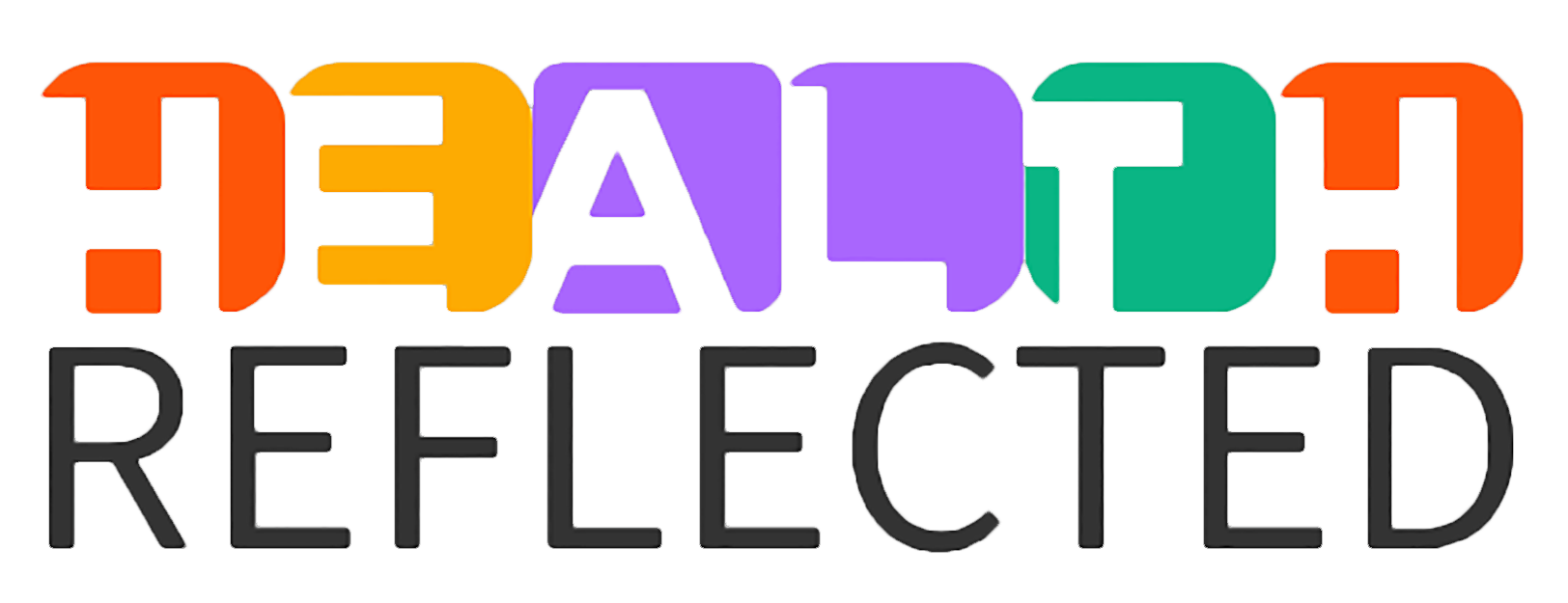Vitamin D, often hailed as the "sunshine vitamin," is a crucial component for overall health. In this comprehensive guide, we'll explore the best ways to ensure optimal Vitamin D intake, answering common queries and addressing concerns about supplementation.
Table of Contents
Introduction
Understanding the importance of Vitamin D is the first step towards maximizing its benefits. Often, individuals have questions about what Vitamin D is good for and how much they should take. Let's delve into these queries and more.
The Sun, Best Time for Exposure, and Vitamin D Synthesis
The sun remains the best natural source of Vitamin D. Exposure during the best times, such as early morning or late afternoon, ensures efficient synthesis. But how much Vitamin D can you get from the sun? We'll answer this question and explore the ideal sunlight exposure duration.
Dietary Sources of Vitamin D
While sunlight is primary, dietary sources also play a vital role. Learn about foods rich in Vitamin D and how to incorporate them into your daily meals. Discover the recommended daily intake through diet alone.
Supplements: Choosing the Best Vitamin D Supplement
For those with limited sunlight exposure or dietary restrictions, supplements become essential. We'll guide you in choosing the best Vitamin D supplement tailored to your needs, ensuring you get the right dosage.
Next Read: Why Are Lutein and Zeaxanthin Beneficial to Your Vision?
Daily Vitamin D Intake: Recommended Dosage and Factors to Consider
People are asking "How much vitamin D should I take?"
Determining the appropriate amount of Vitamin D to take depends on various factors, including your age, health status, and individual needs. Here are some general guidelines to help you understand how much Vitamin D you might require:
Factors Influencing Vitamin D Intake:
- Age:
- Children: The American Academy of Pediatrics recommends 400 IU (International Units) of Vitamin D per day for infants, increasing to 600 IU for children and adolescents.
- Adults: Adults up to the age of 70 generally require 600 IU daily, while those above 70 may need 800 IU.
- Health Conditions:
- Individuals with certain health conditions may require higher Vitamin D intake. Consult with your healthcare provider for personalized recommendations, especially if you have conditions affecting Vitamin D absorption.
- Sunlight Exposure:
- The amount of Vitamin D synthesized through sunlight varies. If you get regular sun exposure, your natural production may contribute to your overall intake.
- Dietary Sources:
- Foods rich in Vitamin D, such as fatty fish, fortified dairy products, and mushrooms, can contribute to your daily intake.
Recommended Daily Allowance (RDA):
The Recommended Daily Allowance, as established by health authorities, provides a general guideline for Vitamin D intake:
- Infants (up to 12 months): 400 IU
- Children (1-18 years): 600 IU
- Adults (19-70 years): 600 IU
- Adults (71 years and older): 800 IU
Consultation with Healthcare Professionals:
It's crucial to note that these are general recommendations, and individual needs may vary. Consulting with your healthcare provider is the best way to determine the right amount of Vitamin D for your specific circumstances. They can consider your overall health, existing medical conditions, and lifestyle factors to provide personalized advice.
Read This: What Exactly is Vitamin C and How Does It Help You?
Vitamin D Deficiency: Causes, Symptoms, and ICD 10 Code
Understanding the causes of Vitamin D deficiency is crucial. We'll delve into common symptoms and even provide the ICD 10 code for Vitamin D deficiency, facilitating accurate diagnosis.
Side Effects and Overdose Concerns
Like any supplement, Vitamin D may have side effects. We'll discuss potential side effects and address concerns about Vitamin D overdose, ensuring you maintain a healthy balance.
Benefits of Vitamin D: Beyond Bone Health
The benefits of Vitamin D extend beyond bone health. We'll explore its impact on overall well-being, including immune system support, mood regulation, and more.
Sources of Vitamin D: Understanding Natural and Supplemental Forms
Dive into the different sources of Vitamin D, distinguishing between natural and supplemental forms. Learn about Vitamin D versus Vitamin D3 and their respective benefits.
Maintaining Normal Vitamin D Levels: Tips and Tricks
Discover practical tips for maintaining normal Vitamin D levels. Lifestyle adjustments, including timing of sun exposure and dietary considerations, can significantly impact your Vitamin D absorption.
Must Read: 5 Superfoods You’ve Never Heard of: That Will Boost Your Health & Immunity
Vitamin D and Specific Demographics: Women, Children, and Older Adults
Different demographics may have varying Vitamin D needs. We'll guide tailoring Vitamin D intake for women, children, and older adults, ensuring everyone gets the right amount.
Weird Symptoms of Vitamin D Deficiency: Beyond the Obvious Signs
Recognizing the weird symptoms of Vitamin D deficiency is crucial for early intervention. We'll explore less common signs that may indicate a deficiency, promoting proactive health management.
FAQs About Vitamin D
Addressing common questions related to Vitamin D, such as the best time to take it, possible side effects, and signs of deficiency. Get reliable answers to ensure you make informed decisions about your Vitamin D intake.
Conclusion
In conclusion, ensuring optimal Vitamin D absorption involves a combination of sunlight exposure, dietary choices, and thoughtful supplementation. By understanding the factors that influence Vitamin D levels and implementing expert tips, you can shine brightly with good health.
FAQs
- Can I get enough Vitamin D from sunlight alone?
- While sunlight is a natural source of Vitamin D, factors like skin type, location, and weather can impact synthesis. It's advisable to supplement sunlight exposure with dietary sources and, if necessary, supplements.
- Are Vitamin D lamps as effective as natural sunlight?
- Vitamin D lamps can be effective during cloudy or foggy days, providing simulated sunlight. However, they should complement, not replace, natural sunlight whenever possible.
- Is Vitamin D overdose a real concern?
- Yes, excessive Vitamin D intake can lead to toxicity. It's crucial to follow recommended dosage guidelines and consult healthcare professionals, especially when using supplements.
- Do all age groups have the same Vitamin D requirements?
- No, different age groups may have varying Vitamin D needs. Children, older adults, and pregnant individuals may require personalized guidance from healthcare providers.
- Can I rely solely on Vitamin D-rich foods for my intake?
- While incorporating Vitamin D-rich foods is beneficial, it may be challenging to meet all requirements through diet alone. Consider sunlight exposure and supplements to ensure comprehensive intake.




